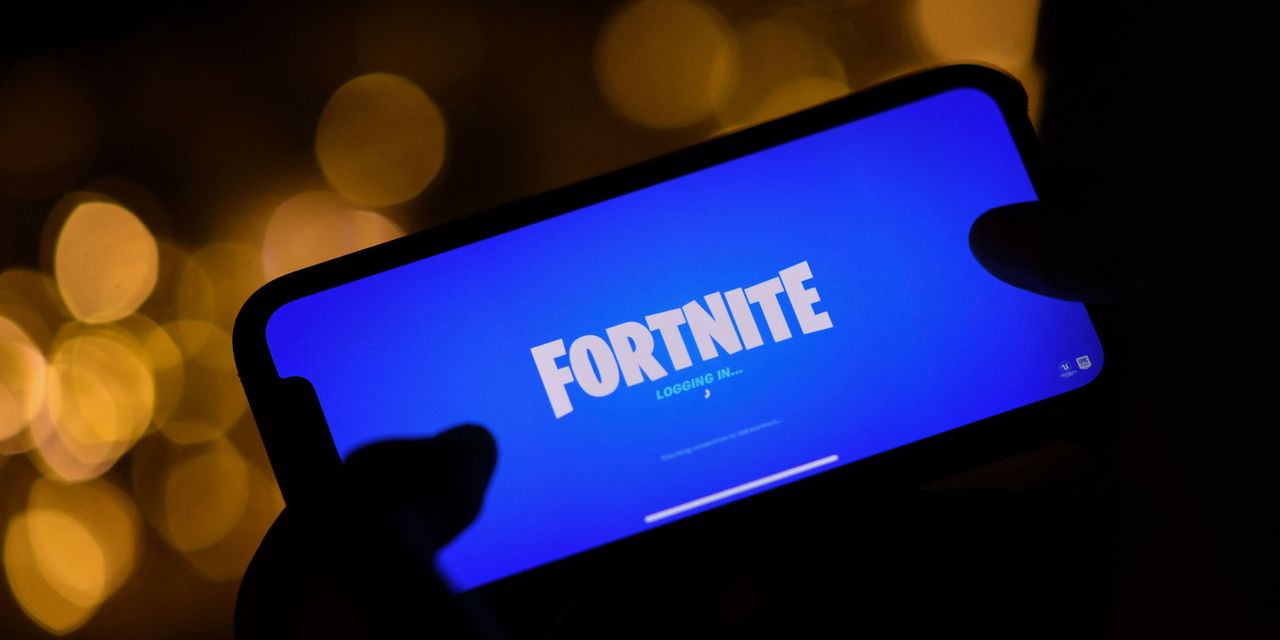Hey, “Fortnite” fans: Were you caught in the storm?
Help is on the way.
As you may recall, the Federal Trade Commission hit Epic Games, the developer of “Fortnite,” with over $245 million in fines in December 2022 for allegedly using “design tricks,” to “dupe millions of players into making unintentional purchases” in Fortnite’s digital store. Epic responded at the time by noting, “No developer creates a game with the intention of ending up here.” And, “We accepted this agreement because we want Epic to be at the forefront of consumer protection and provide the best experience for our players.”
Read more: The ‘dark patterns’ used by Epic Games that led to the largest FTC penalties ever
The FTC followed up on Tuesday by announcing that millions of game players who might be eligible to get some of their lost money back should start being notified by email over the next month with what steps they need to take next.
Here’s what you need to know:
- Check your inbox for an email from the FTC coming from the address [email protected] by or before Oc. 19, 2023. This message will include instructions on how to file a claim.
- If you don’t receive this email by Oct. 19, 2023, then you can use your Epic account ID to file a claim. Or, call the administrator at 1-833-915-0880 or email [email protected] for help.
- All claims must be filed by Jan. 17, 2024.
- Watch out for scammers: Keep in mind that the FTC will never ask you to pay money to file a claim. And if someone says that they can get you a Fortnite refund if you pay them, then it’s definitely a scam. You can report them to ReportFraud.ftc.gov.
If you have any more questions, visit ftc.gov/Fortnite.
Last December, the FTC announced that it had secured two record-breaking settlements with Epic, adding up to a total of $520 million in fines, over allegations that the gaming developer had violated the Children’s Online Privacy Protection Act and deployed dark patterns to trick millions of players into making unwanted purchases for in-game currency (aka V-Bucks) as well as in-game items including gear, llamas or battle passes.
“Fortnite,” which has more than 400 million users worldwide, is generally free to download and play. However, users are charged for in-game items such as costumes and dance moves. FTC’s complaint alleged that for more than a year after Epic began offering in-app purchases, young Fortnite players were able to buy these different costumes and goodies for their in-game avatars “by simply pressing buttons” — with no password or PIN from a cardholding parent required. “Many parents have been surprised to learn that Epic charged them hundreds of dollars for kids’ in-app activities that they did not authorize,” the FTC said, citing one parent’s complaint that their 10-year-old had made about $500 in in-app purchases.
Epic responded in its December newsroom post by noting that, “Over the past few years, we’ve been making changes to ensure our ecosystem meets the expectations of our players and regulators, which we hope will be a helpful guide for others in our industry.”
Epic had also adopted strong privacy default settings for children and teens prior to the settlement, such as ensuring that voice and text communications are turned off by default.
A previous version of this story failed to accurately reflect that Epic settled with the Federal Trade Commission over allegations and that no finding had been reached by the FTC. The story has been corrected.
Read the full article here




